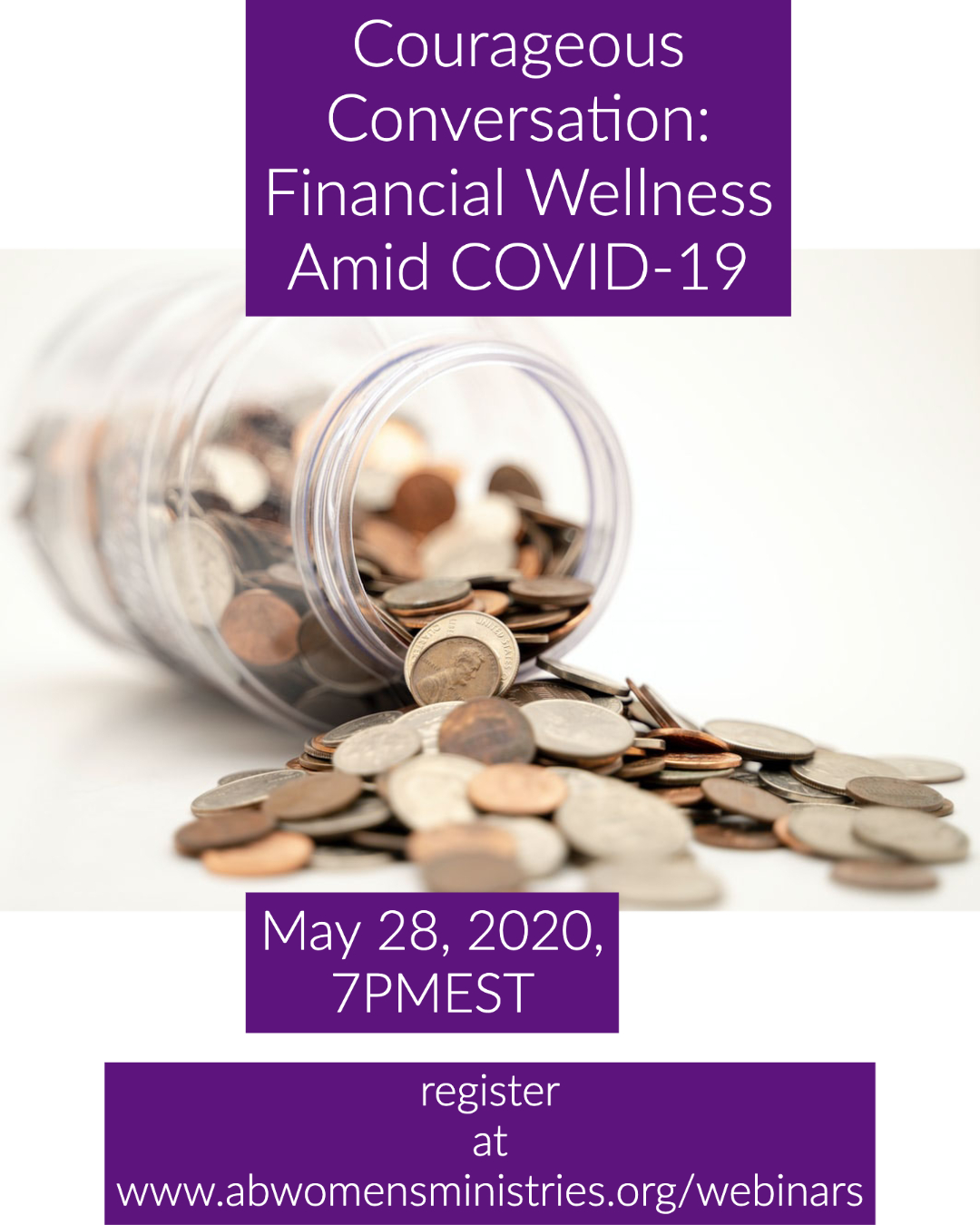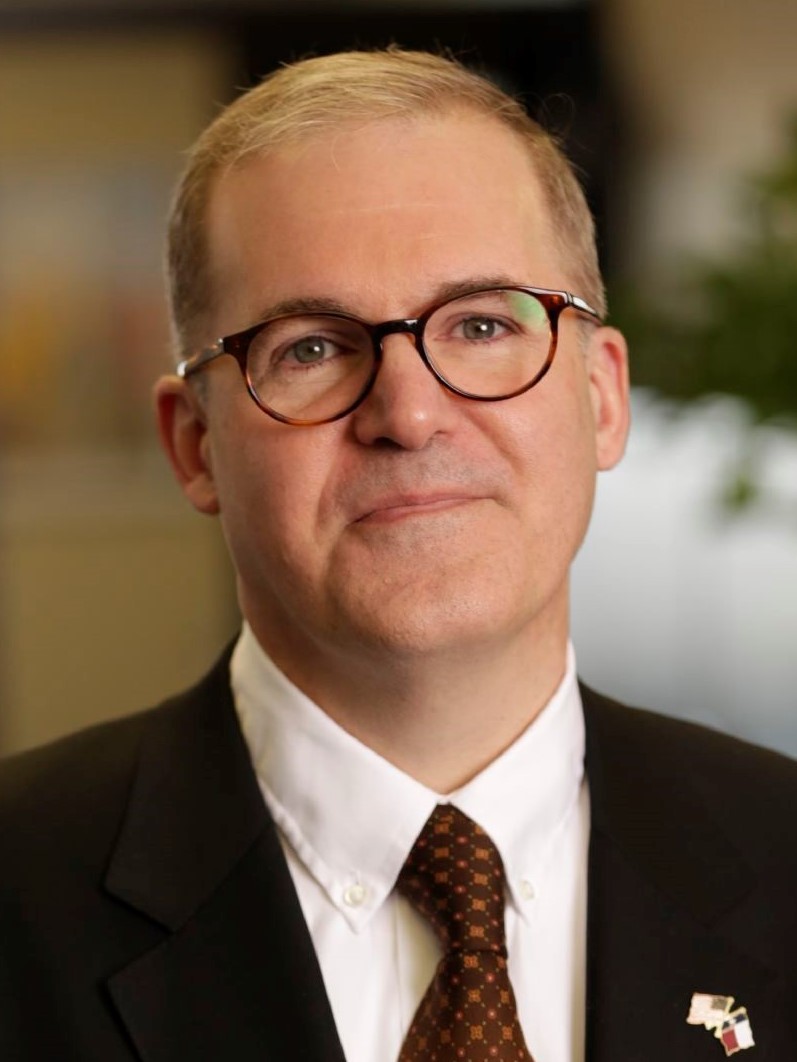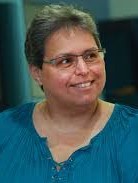
Courageous Conversation: Financial Wellness Amid COVID-19 and beyond
Webinar Recording
American Baptist Women's Ministries (ABWM) wants to help you get and stay financially well amid COVID-19. Inarguably, money is one of the top stressors people face. A pandemic only exacerbates the stress. Come and learn from financial experts from the Ministers and Missionaries Benefit Board, the Consumer Financial Protection Bureau's, Your Money, Your Goals Program (YMYG). Hear a firsthand testimonial from a YMYG program participant.
Watch the Recording:
This webinar recording is free to watch, but donations are welcome. Your donation will allow American Baptist Women's Ministries to continue providing programs, resources, and leader training for ministries with women and girls.
Click here to make a donation.
Webinar Hightlights:
How do you define Financial Wellness?
-
overall financial health of an individual
-
broad term: reducing stress
-
saving for emergencies
-
living in your means
-
having access to the tools
-
having a plan for the future
-
being healthy and whole -- focusing on finances
-
time and energy on our overall health -- we need to spend the same about time and energy on our finances
-
Financial wellness defined by CFPB is: A state of being reflecting a person’s ability to meet current and ongoing financial obligations, feel secure in their financial future, and make choices that allow enjoyment of life.
What are steps to achieve Financial Wellness?
-
Facts about Millennials and Money:
-
-
They Earn Less Than Their Parents Did at Their Age
-
They Have Half the Net Worth Their Parents Did
-
They Carry More Student Loan Debt
-
They’re Highly Educated, yet are earning less than previous generations
-
They aren’t saving enough for retirement
A 2018 report by the National Institute on Retirement Security found that two-thirds of adults ages 21 to 32 have nothing saved for retirement. Even among those who had something saved, the overwhelming majority were far behind where they should be. A full 95% of young adults are behind on their retirement savings based on how much they should have saved at their age.
-
They don’t have access to employer-sponsored retirement accounts
-
They are saving—they’re just not investing
-
complete the Your Money, Your Goals online questionnaire (https://www.consumerfinance.gov/)
-
set goals
-
start an emergency fund to avoid charging emergencies to your credit card
-
create a budget
-
review your credit score and history
-
save for retirement (pay yourself first and learn how to live on what's left over)
-
monitor your progress: track income and bills
-
Become an educated consumer-- leads to financial wholeness
What are some steps participants should take to maintain financial health during COVID-19?
-
focus on what you can control
-
review your budget;
-
check your credit and bank accounts for fraud charges
-
check with your employer to see what resources available
-
don't make emotional decisions
-
don't try to time the markets
-
with daycares closing, use the funds from daycare payments towards paying off your debt
-
use the stimulus check to pay off debt
What are the pressing financial issues that have emerged since the start of COVID-19?
-
job loss
-
medical expenses
-
emergency funds are going down
-
credit cards debt has gone up
-
COVID-19 is a health and financial concern
What advice can you offer youth and young adults so that can prepare now for a healthy financial future?
-
make a commitment
-
set goals on how we approach money
-
save for retirement, rainy days, emergencies, etc.
-
set a budget
-
prepare
-
research college scholarships
-
become a lifelong learner -- subscribe to new sources for news resources (i.e.Feedly or Flipboard)
-
setup a 529 plan for college savings
What advice can you offer college graduates who are burdened by student loans?
-
take it one step at a time
-
educated yourself about the loan and the interest rate,
-
review payment options and select the one best for you
-
have a conversation with your loan provider to find out what options you have
-
take advantage of the COVID-19 loan forbearance
-
Federal student loan payments are suspended through September 30
-
compare loan consolidation vs refinancing
-
529 accounts: some employers are contributing towards these accounts
Resources:
https://www.consumerfinance.gov/consumer-tools/student-loans/
How can I pay my mortgage off quicker? It’s my only debt and no one will refinance it.
-
Find out what interest rate do you have. If the interest rate is high, you may be able to shop this loan (refinancing)-- you'll need to find a bank that will underwrite
-
If refinancing is not an option, look into your budget. Deem expenses are necessary.
If I am looking toward retiring in about 15 to 20 years to retire and still have debt in several places (I.E. car, home loan, credit cards, etc.). What is most recommended?
-
start building towards retirement
-
every year add more money towards your retirement
-
look at your budget: what's coming in and what's coming in (are there any savings?). What expenses are not needed (i.e. Netflix, a new phone, a cell data plan, etc/)
-
look into your interest rates
-
shop loans (get three estimates) -- look at current interest rates
What would be your recommendation to focus on when we begin to come out of this COVID-19 cloud?
-
build your emergency fund
-
understand where you are financially
-
maintain a conservative spending habit
What is the best and most reputable place to get a credit score?
-
banks and credit cards are offering
-
nerdwallet.com
-
creditkarma.com
-
annualcreditreport.com
Resources:
https://www.consumerfinance.gov/
Colin Nass:
colin.nass@mmbb.org
Panelists:
 Colin Nass
Colin Nass heads up the Financial Planning group at MMBB. The team has 6 Certified Financial Planner® professionals working with members across the United States. Prior to joining MMBB, Colin worked for Lenox Advisors providing financial planning to the firm’s High Net Worth clients. Colin has also worked for Deutsche Bank AG as a Director of Financial Sales and with Merrill Lynch in New York and Hong Kong. While working for Merrill Lynch, he was FINRA registered, passing the Series 3, 7, 8, and 63 exams. Colin has also passed the New York State Life and Health Insurance exam. Colin holds a B.S. in Optics from the University of Rochester and a Master of International Management degree from Baylor University in Texas. He earned his CFP® in 2005 and later earned the Retirement Income Certified Professional® and Accredited Estate Planner® designations.
Colin lives near Princeton, NJ with his wife and two children. He is a member of the Princeton Alliance Church and active in the church’s international missionary work.
 Dr. Laura Miraz
Dr. Laura Miraz is the associate executive director of Human Resources Management Services at American Baptist Home Mission Societies (ABHMS) and liaison for ABHMS’ board of directors. Miraz is also the principal for HRMATTERS, a human resources management consulting service for American Baptist national and regional partners. Miraz seeks to ensure a highly-skilled, committed, engaged professional workforce that embraces and exemplifies mission, vision and core values.
Overseeing all aspects of human resources management means Miraz’s responsibilities range from recruitment, retirement, salary and benefits administration to training, development, motivation and performance. An advocate for employee relations, she is committed to providing a “listening ear and a strategic hand.”
Miraz enjoys providing assistance, guidance and leadership for individuals—whether staff or board members—as they seek to fulfill their individual call to ministry and service.
 Reverend LaThelma A. Yenn-Batah, associate executive director of American Baptist Women's Ministries, is a minister of the Gospel and a faithful disciple of Jesus the Christ. As a post-graduate Parish Pulpit Fellow through Princeton Theological Seminary, LaThelma participated in extensive cross-cultural and urban ministry in Costa Rica. While there, she studied Spanish and lived as an on-campus resident at the Latin American Biblical University. During her fellowship, she was deeply inspired by women who used their educational, biblical, and theological experiences to achieve the following goals: to understand and assume their personal and legal rights, to take leadership roles in their churches and communities, and to continue or begin their formal education. Click here for full bio.
Reverend LaThelma A. Yenn-Batah, associate executive director of American Baptist Women's Ministries, is a minister of the Gospel and a faithful disciple of Jesus the Christ. As a post-graduate Parish Pulpit Fellow through Princeton Theological Seminary, LaThelma participated in extensive cross-cultural and urban ministry in Costa Rica. While there, she studied Spanish and lived as an on-campus resident at the Latin American Biblical University. During her fellowship, she was deeply inspired by women who used their educational, biblical, and theological experiences to achieve the following goals: to understand and assume their personal and legal rights, to take leadership roles in their churches and communities, and to continue or begin their formal education. Click here for full bio.